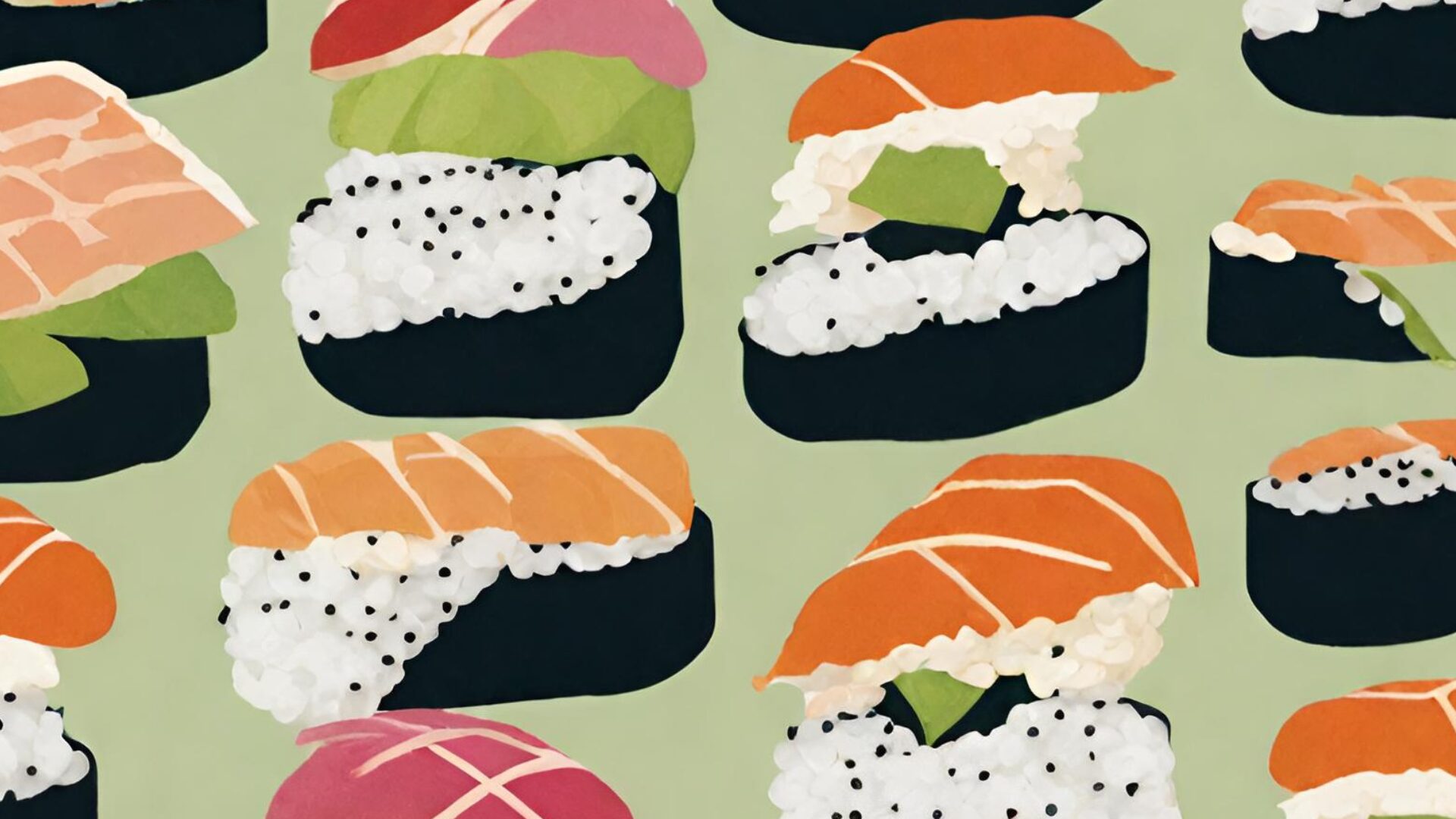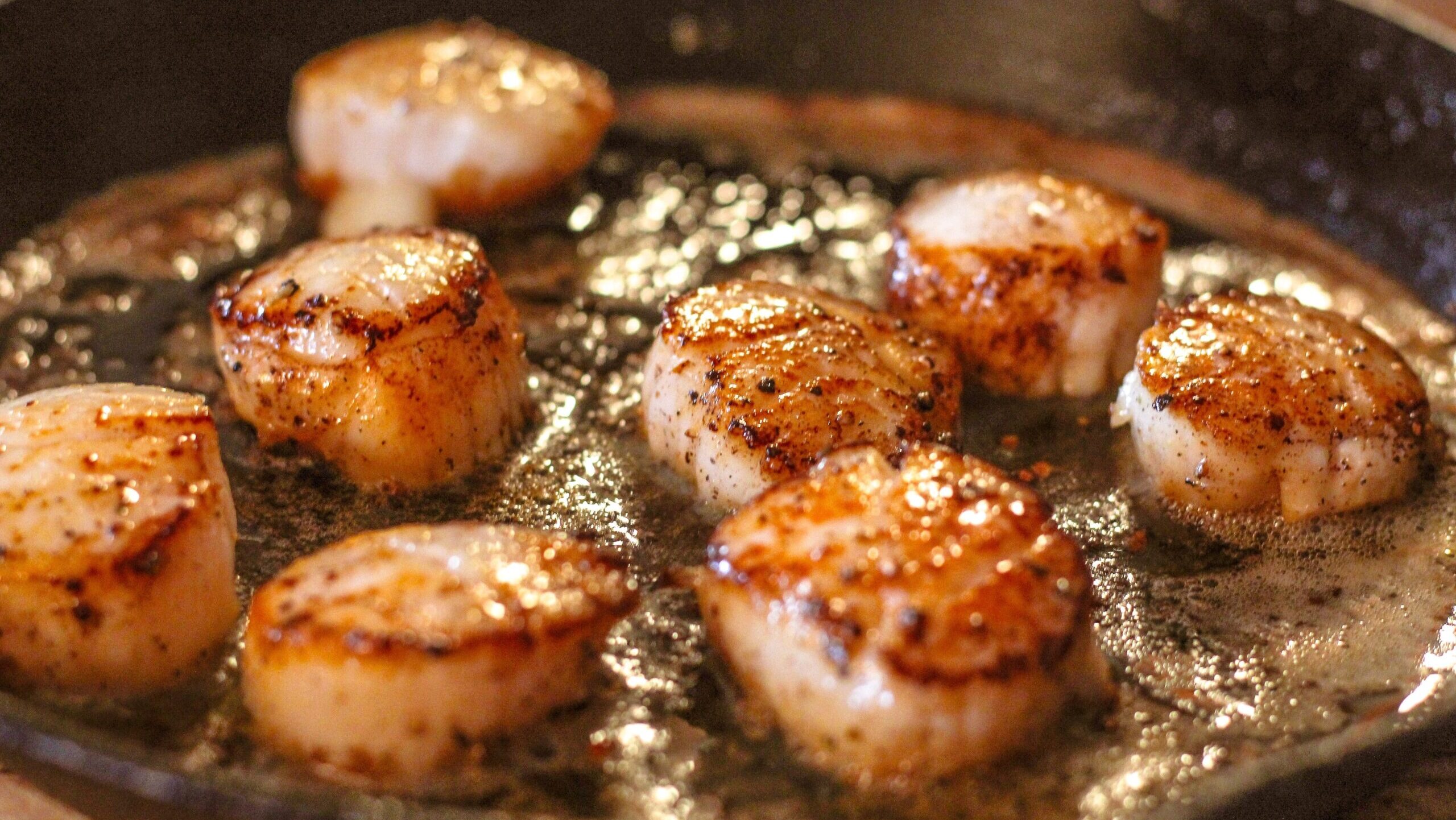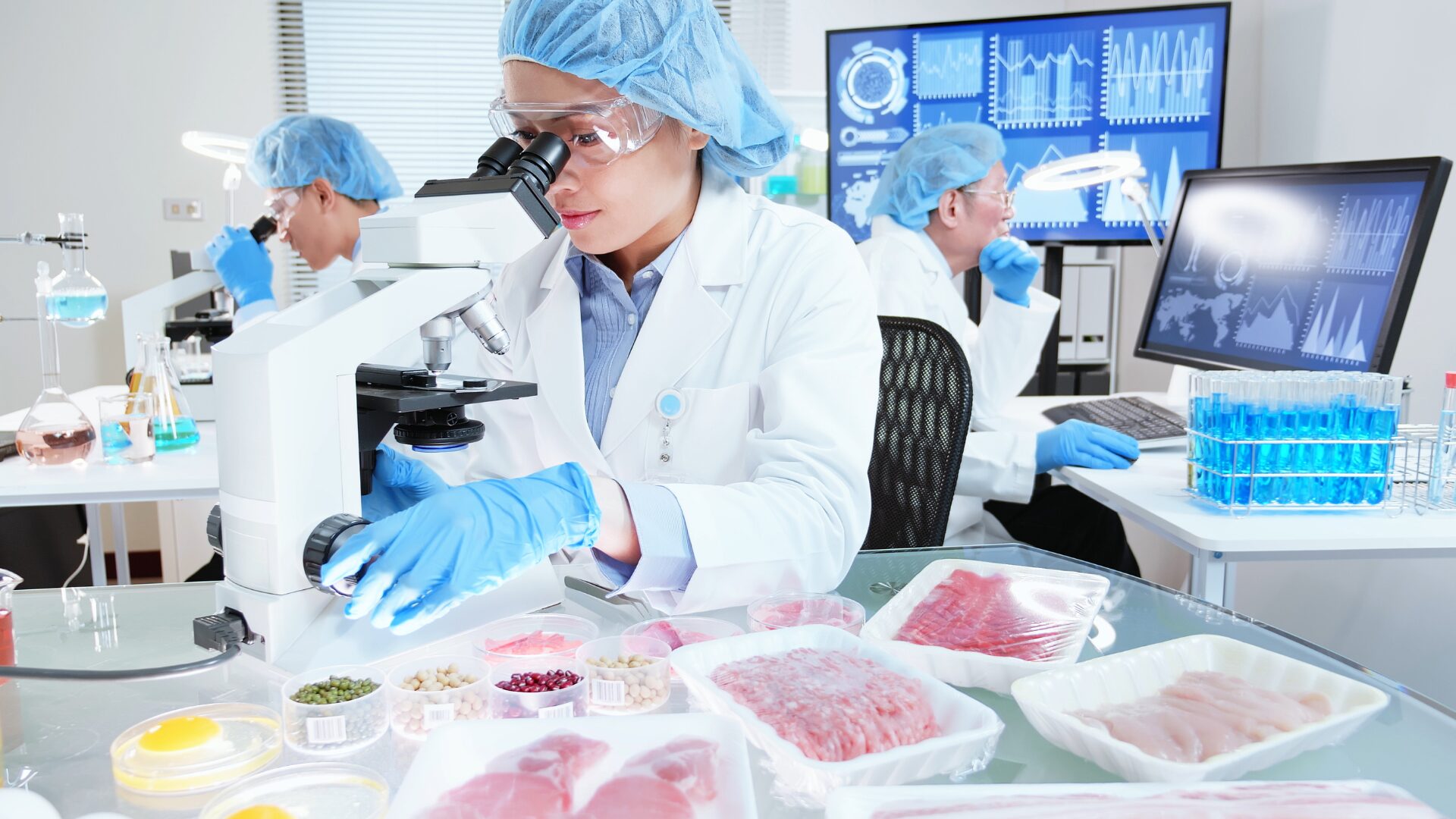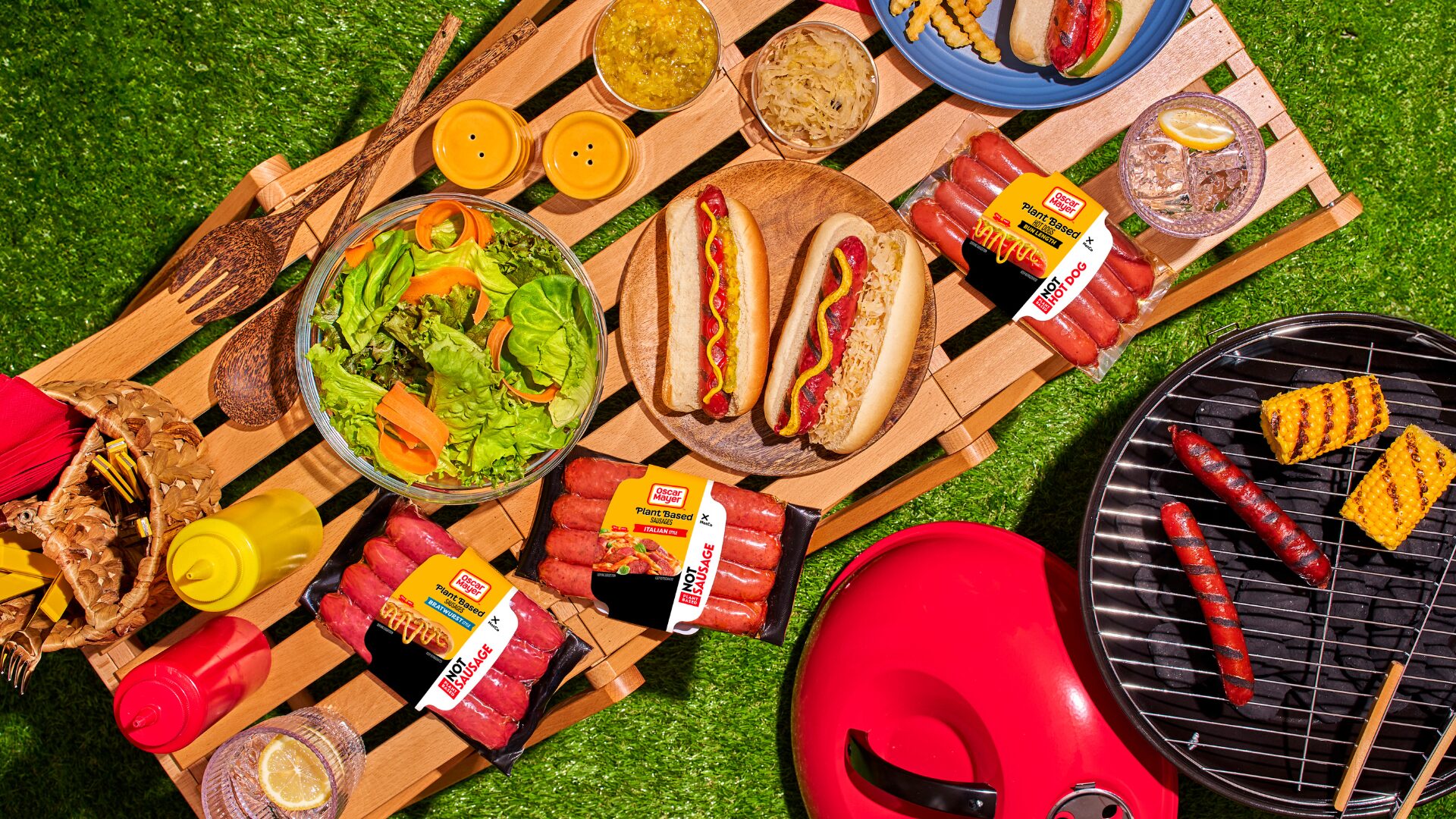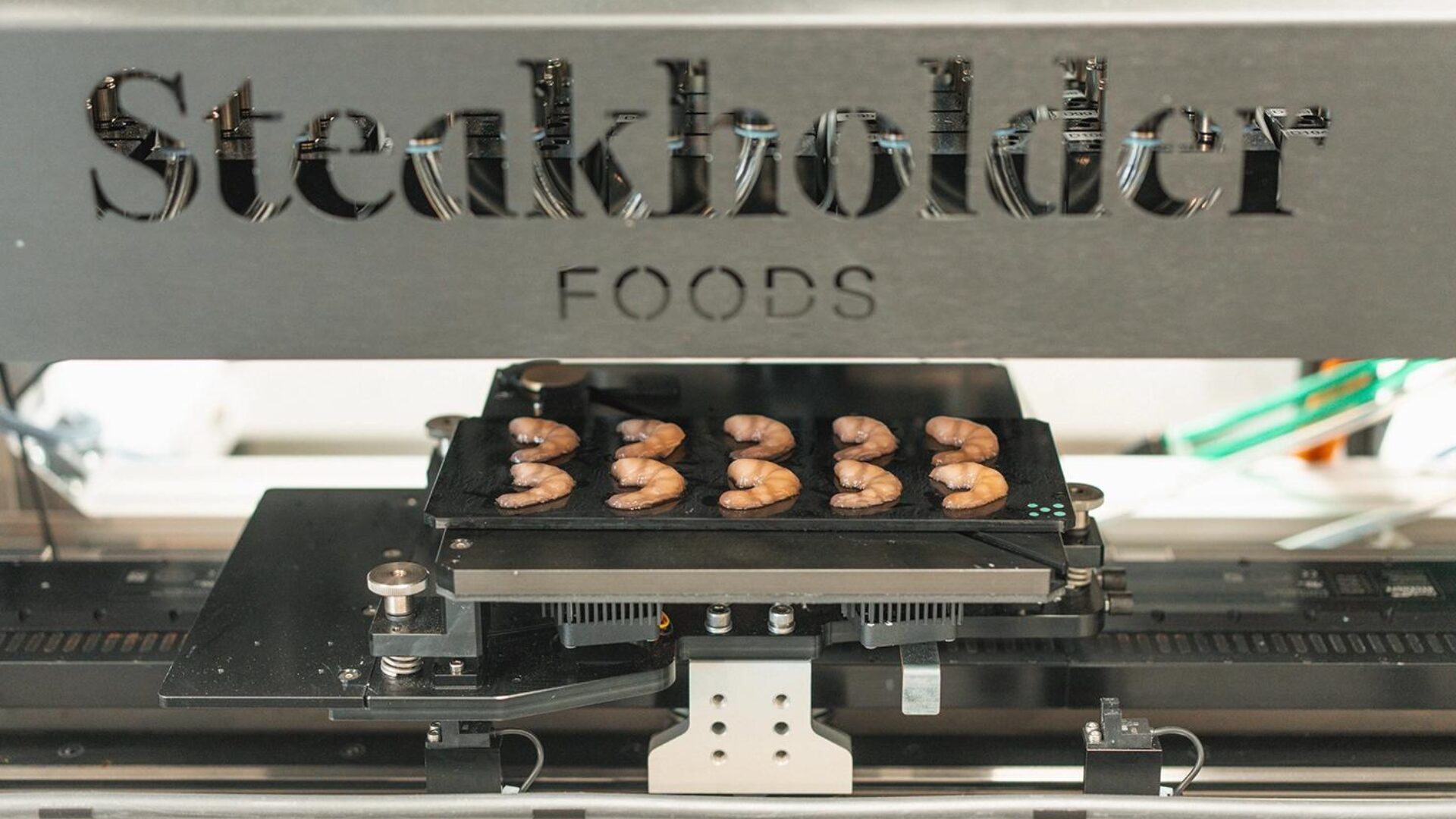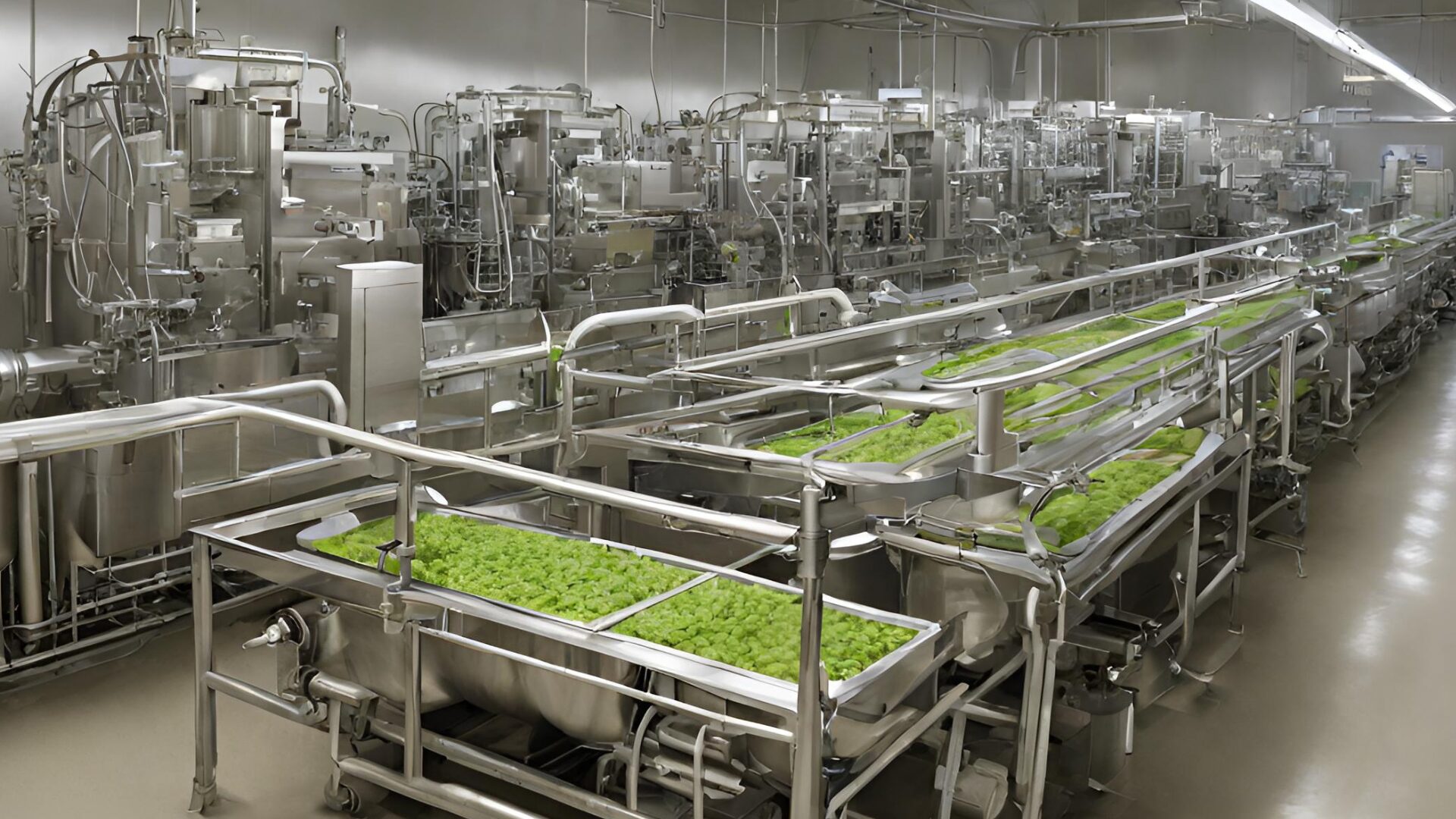Merger and acquisition activity in the seafood industry began to fall following the onset of the coronavirus pandemic, reported Undercurrent News (June 4).
Data indicated only five cross-border seafood deals were signed in April and May, the lowest quarter since first quarter 2017. The pandemic produced a mix of effects on the industry since it forced governments into lockdown in March, according to Ignacio Kleiman, chairman of boutique seafood M&A advisory Antarctica Advisors.
“The COVID pandemic has certainly slowed down M&A activity over the last couple of months, primarily because of economic uncertainty and the tightening of liquidity in the commercial bank market,” he said.
Despite hindrances put on cross-border dealmaking, the sector is on track to match the 153 deals recorded overall in 2019, with 58 deals completed so far this year—one short of the 59 finalized transactions from Jan. to May 2019. Still, this would be the first year without significant growth in deal numbers since Undercurrent began recording sector deals in 2015.
Although logistical challenges resulting from the pandemic exist, the seafood sector still remains attractive to outside investment because the strong demand for sustainable protein remains intact, even in these times, according to Kleiman.
Meanwhile, President Trump will hold a roundtable discussion with parties involved in the commercial fishing industry during his visit to Maine on June 5, reported Bangor Daily News (June 3). The President is expected to discuss regulations and how to expand economic opportunities for the commercial fishing industry, according to a White House official.
Commercial fisheries have been hit hard during the pandemic as the virus affected its workers and restaurants and seafood counters closed, creating a drop in demand.
In other news, a coalition of Maine conservation groups is calling on the state to add the Atlantic salmon to its list of endangered species, reported Portland Press Herald (June 2). Once full of salmon, the population in Maine’s rivers has been decimated by overfishing, damming, and environmental factors.
The environmental groups, including Downeast Salmon Federation, the Maine chapter of the Native Fish Coalition, Friends of Merrymeeting Bay, and several others, sent their request to the Maine Department of Inland Fisheries & Wildlife on June 1. They said salmon belong protected by the Maine Endangered Species Act because “the only viable Atlantic salmon population in the United States is the Gulf of Maine distinct population segment.”
“Good Catch believes that the only truly sustainable seafood is one that allows fish to remain in the ocean, undisturbed,” Good Catch shared in a press release. “According to the United Nations, nearly 90% of the world’s marine fish stocks are now fully exploited, overexploited, or depleted, with fisheries subsidies playing an integral part.”
For those concerned about wildlife, plant-based fish is becoming the next vegan trend, reported Forbes (June 3). Concerns about the environment and fears about mercury, as well as additional pressures from the coronavirus, including shortages in grocery stores, are pushing customers toward plant-based options.
Atlantic Natural Foods started offering Tuno, a fishless tuna alternative made from soy, yeast, and sunflower extract, in 2018. Impossible Foods said in 2019 that it was working on plant-based fish, and Good Catch raised $32 million in financing this January for its plant-based seafood.
BlueNalu recently attracted investment from Sumitomo Corp. of Americas. BlueNalu focuses on producing seafood from fish cells and will use the proceeds to develop a Good Manufacturing Practices pilot production facility in San Diego, expand its team, implement strategic alliances for global operations and distribution, and prepare for its market launch.
“In a time when consumers are increasingly more particular about sustainability and safety related to their food products, we believe BlueNalu’s technology will offer a sustainable solution to consumers, free of mercury and environmental contaminants, that will support the health, sustainability, and biodiversity of our ocean,” said Hideki Hijiya, general manager of Food & Lifestyle Group at Sumitomo Corp. of Americas.


